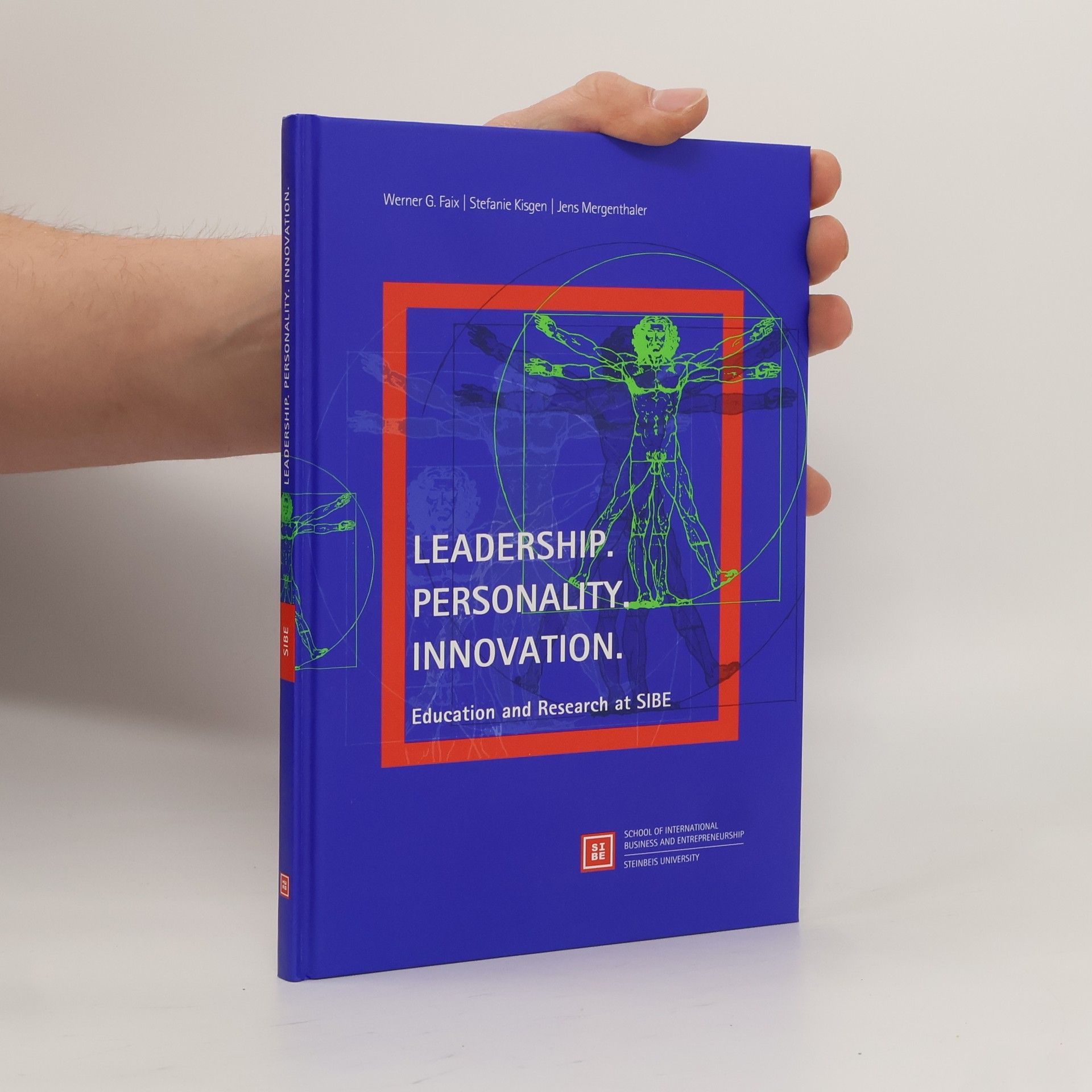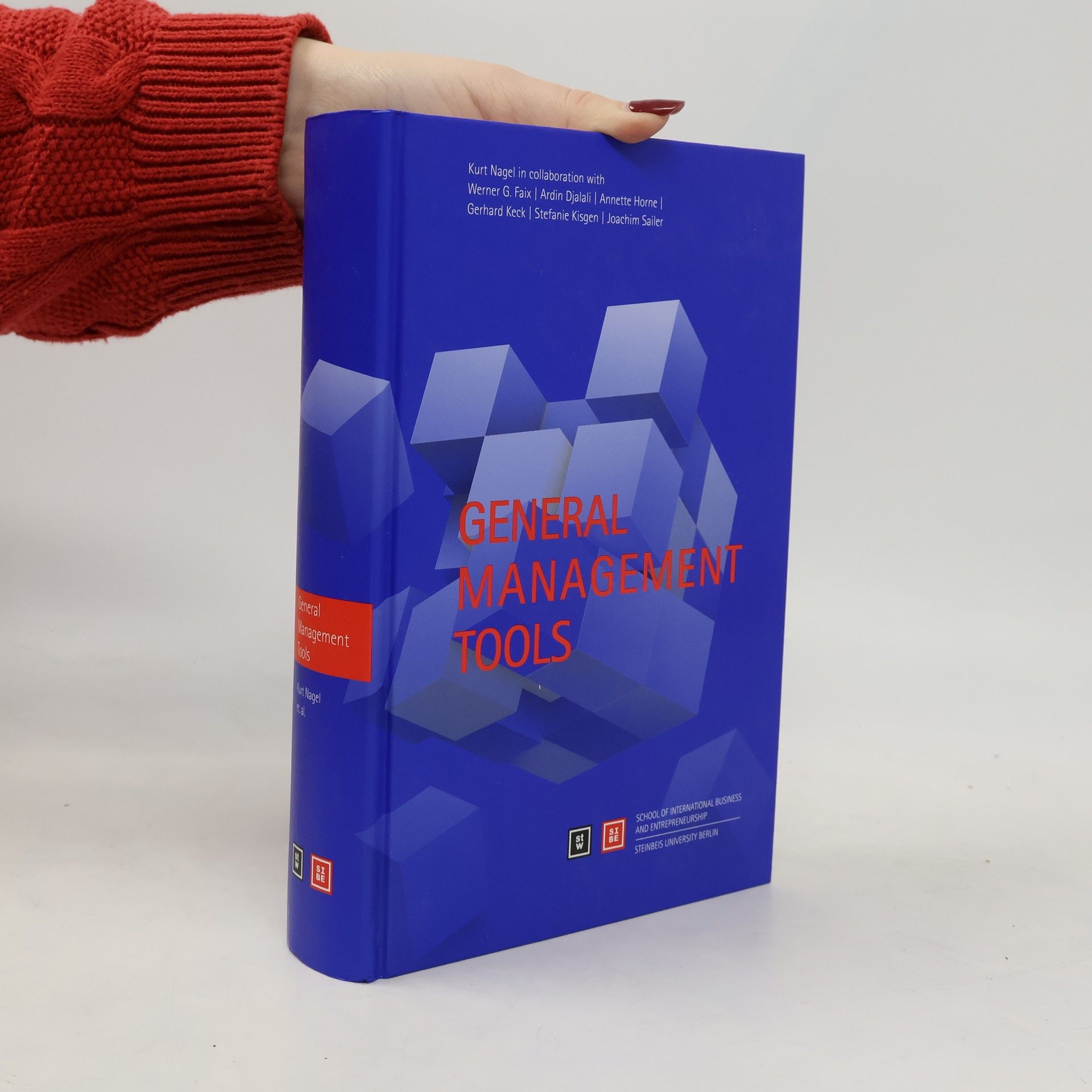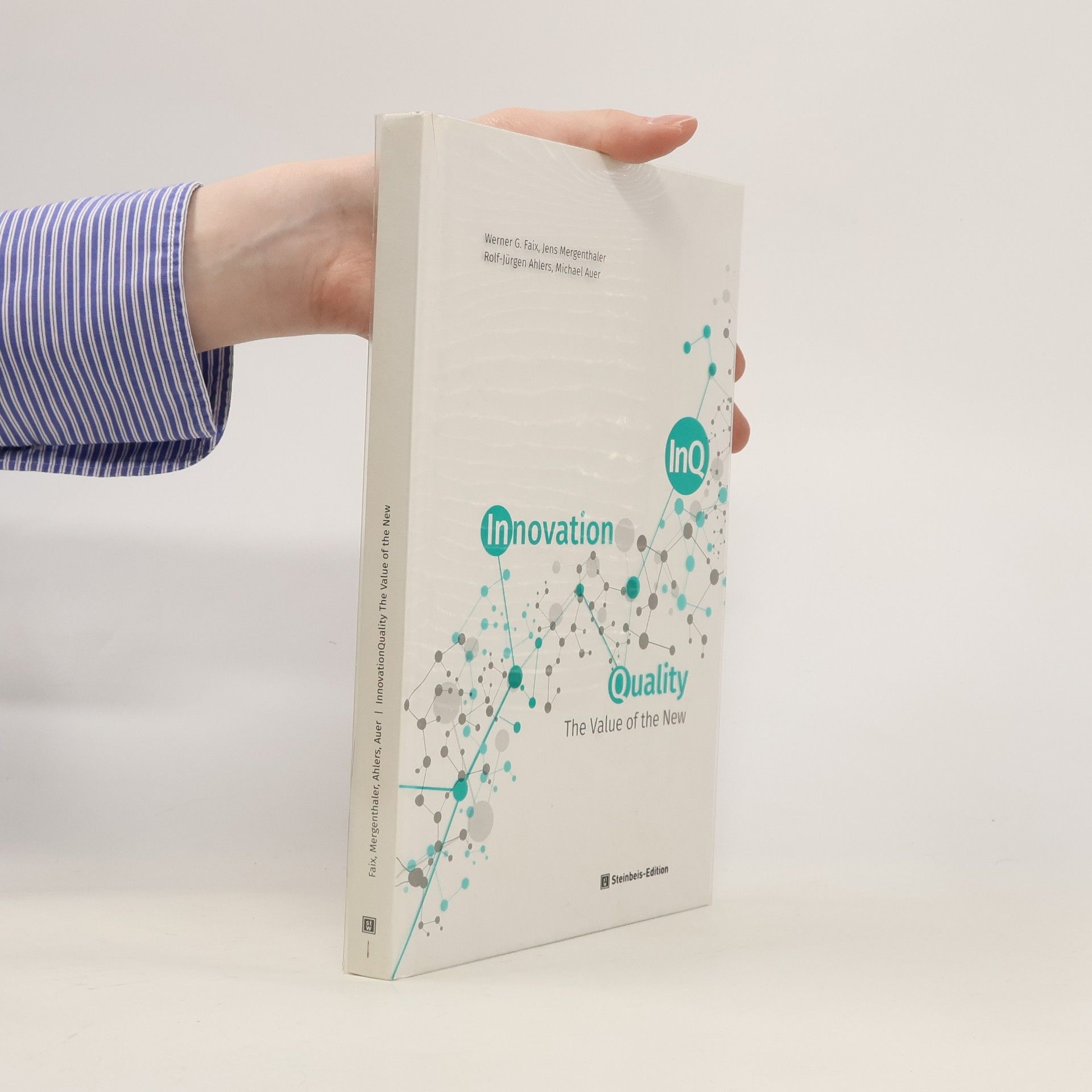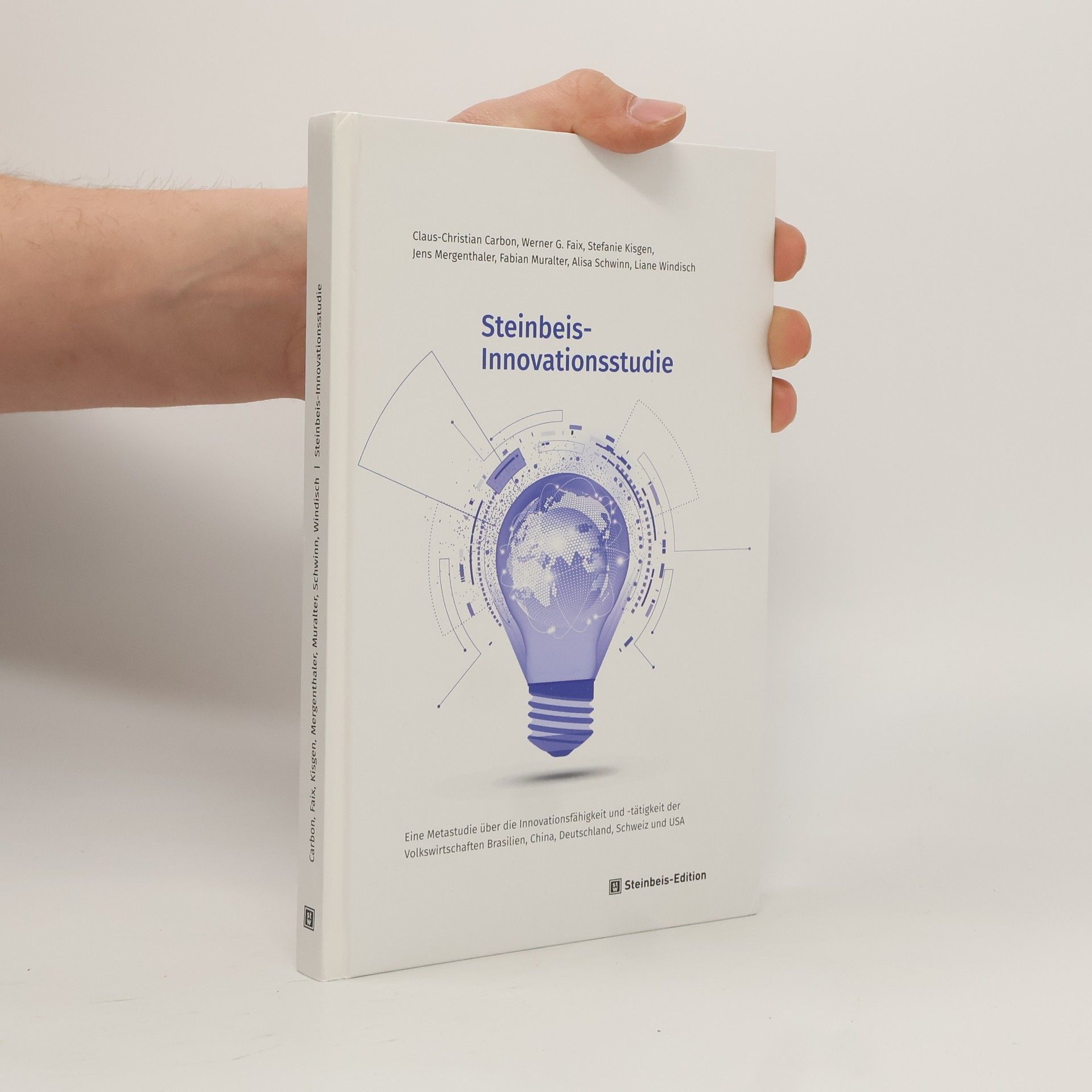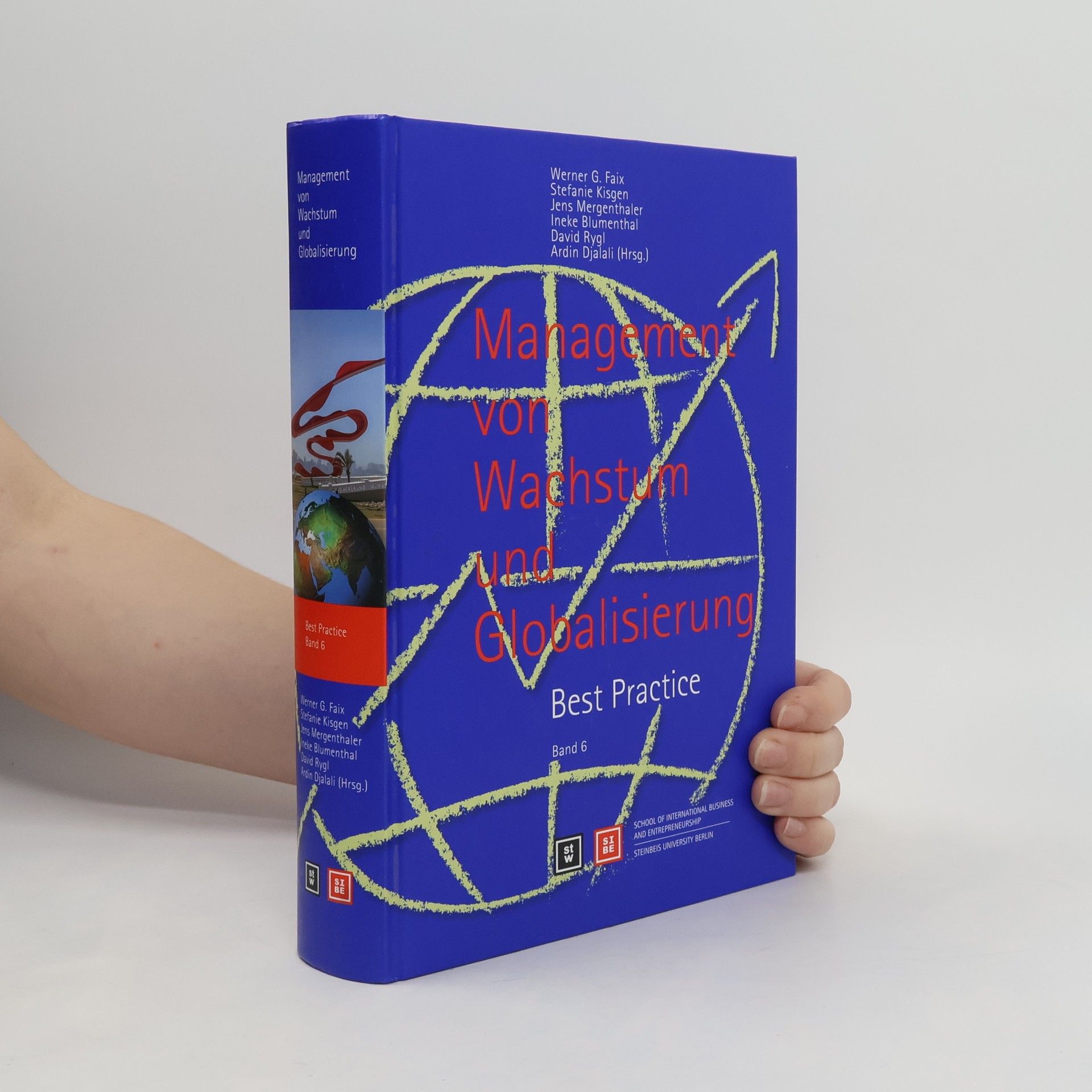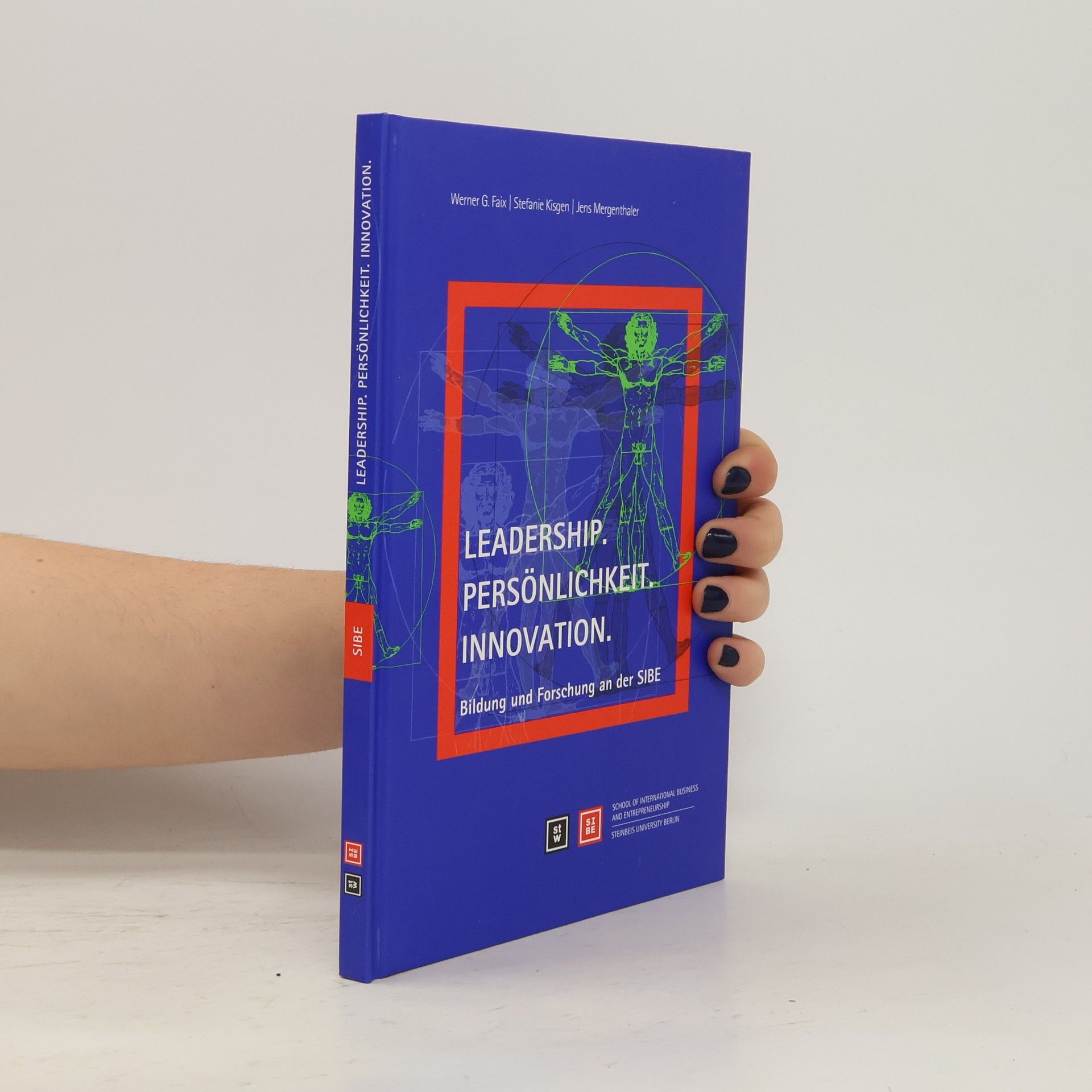Führung und Performanz
Meine Welt neu gestalten
Wandel, Veränderung, Umgestaltung – das ist einmal mehr der Zustand der gegenwärtigen Welt. Auf diese Dynamik im Außen müssen wir alle – Gesellschaften, Organisationen und Individuen – mit Wandel, Veränderung, Umgestaltung im Inneren begegnen. Einerseits um Schritt zu halten und nicht hinter die Welt zu geraten, andererseits um der Welt einige Schritte voraus zu sein, um den Lohn für diesen Vorsprung zu erhalten. Für das Schritthalten und Vorausschreiten bedarf es stets und immer: Menschen, die die Dynamik der Welt nicht als Zumutung betrachten, sondern als Auftrag, die eigene – kleinere oder größere - Welt zu gestalten, also einen positiven Unterschied in der Sphäre zu machen, für die man Verantwortung trägt. Das vorliegende Buch zeigt auf, wie Wandel, Veränderung, Erneuerung angegangen werden können. Dabei enthält dieses Buch keine Patentrezepte oder Antworten, was zu tun sei. Vielmehr werden in diesem Buch einerseits die Zutaten für eine erfolgreiche Gestaltung der eigenen Welt beschrieben. Und andererseits werden in diesem Buch im Rahmen systematisch aufbereiteter Kataloge viele Fragen gestellt, die sich jeder Welt-Gestalter bei konkreten Gestaltungsprojekten stellen könnte und sollte.

